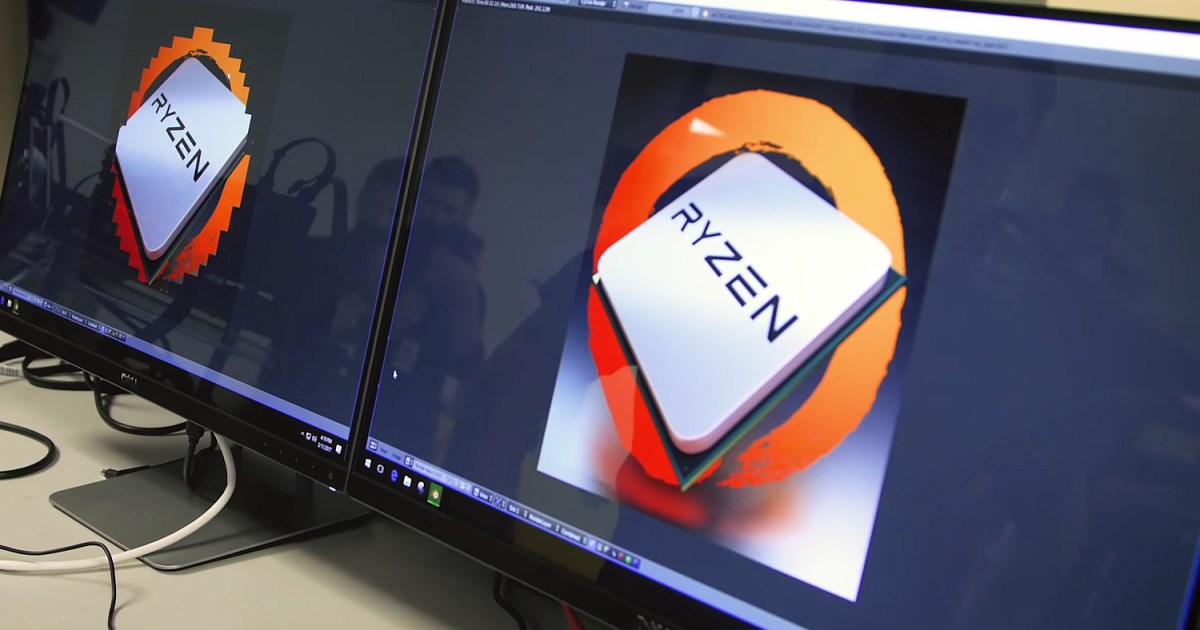Hi,
I just upgraded from 10.3-RELEASE to 11.0-RELEASE using freebsd-update a couple of days ago.
All was fine after the upgrade process, but like 3 hours later the system freezes. No messages on logs or console.
Since then it keeps freezing randomly, sometimes after boot, sometimes it lasts longer (no more than 2.5 or 3 hours).
This system is a file server with a couple of jails. ZFS on root and little more on it. dmesg is attached.
I've tried to run watchdogd, but it seems completely ignored. The system keeps hanging randomly.
As this is pretty obscure, I would like to ask the forum what are the next steps to get more information in order to solve the problem.
Cheers.
I just upgraded from 10.3-RELEASE to 11.0-RELEASE using freebsd-update a couple of days ago.
All was fine after the upgrade process, but like 3 hours later the system freezes. No messages on logs or console.
Since then it keeps freezing randomly, sometimes after boot, sometimes it lasts longer (no more than 2.5 or 3 hours).
This system is a file server with a couple of jails. ZFS on root and little more on it. dmesg is attached.
I've tried to run watchdogd, but it seems completely ignored. The system keeps hanging randomly.
As this is pretty obscure, I would like to ask the forum what are the next steps to get more information in order to solve the problem.
Cheers.


